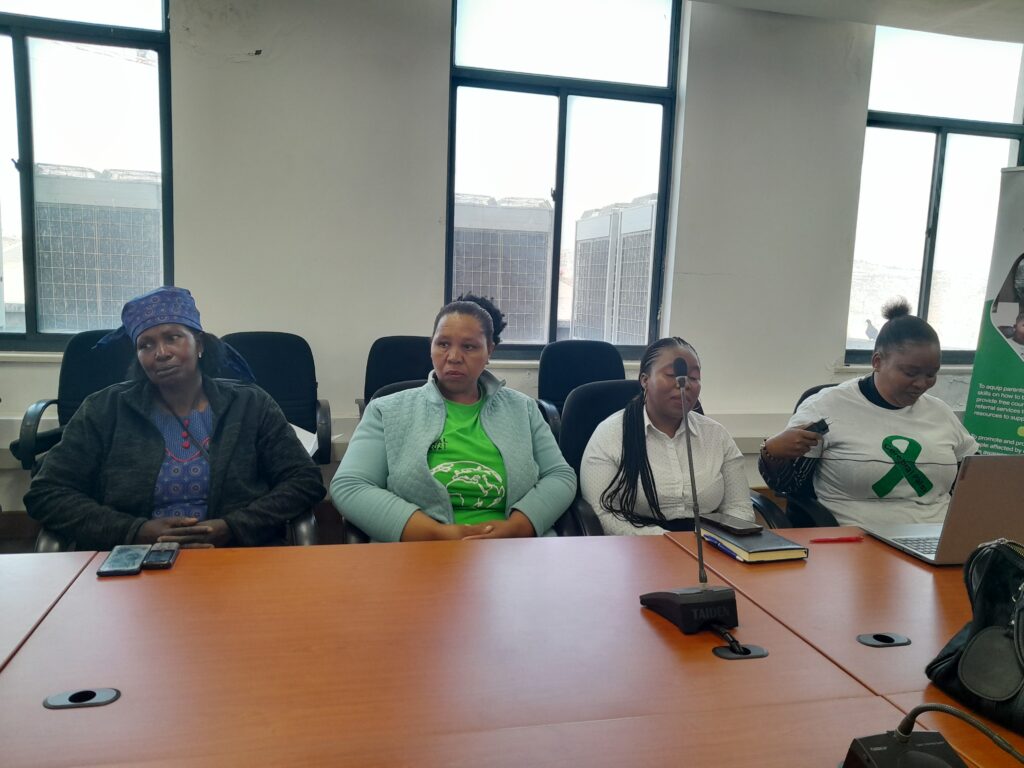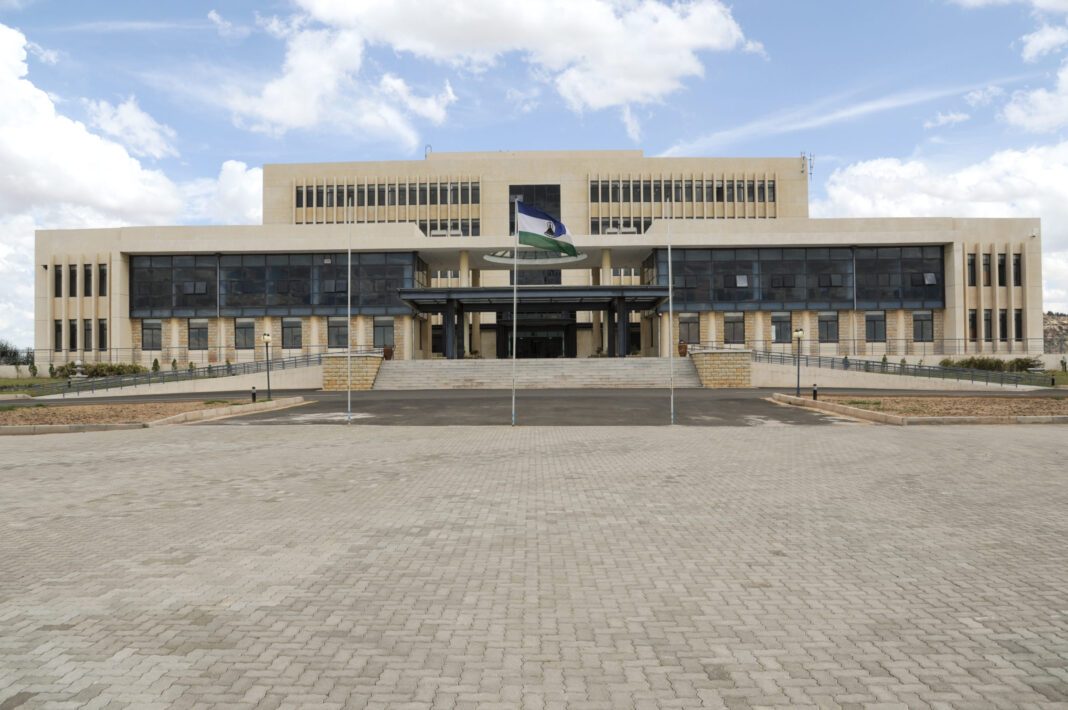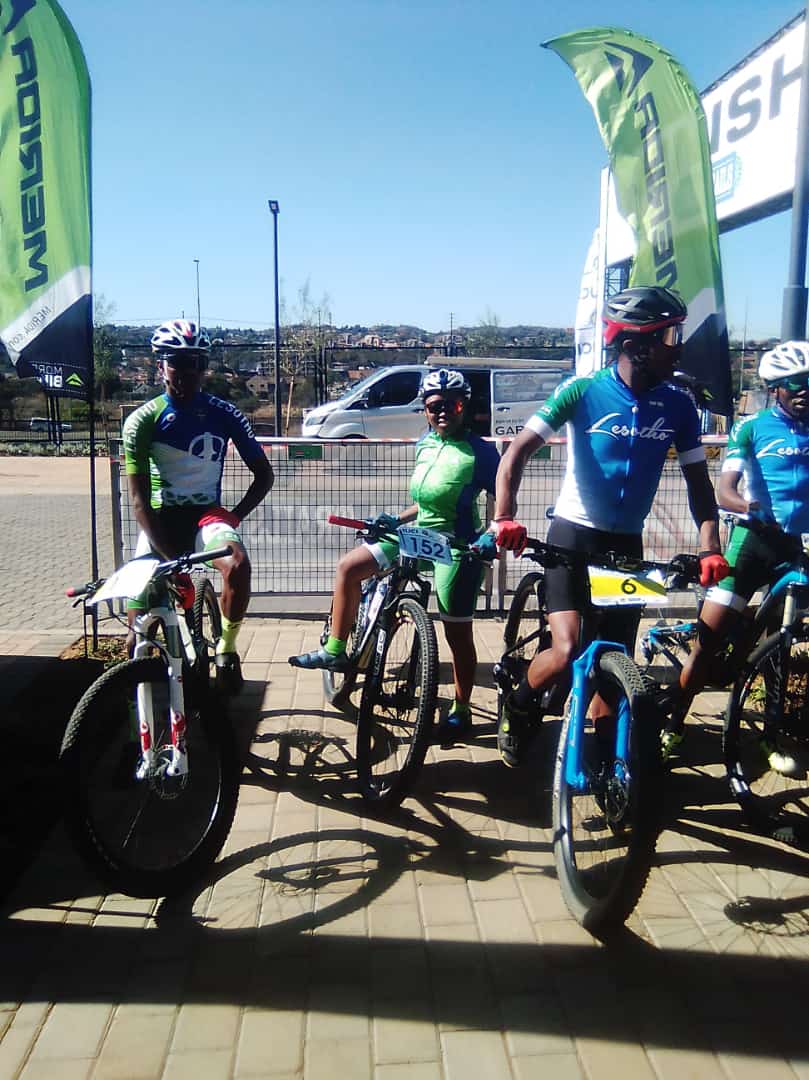Ntsoaki Motaung
Morate Cerebral Palsy Association of Lesotho is advocating for cerebral palsy patients to receive M2000 monthly grants to maintain their expensive upkeep.
The association said the M650 grant the suffers are currently receiving is not enough and needs to be topped up.
Cerebral palsy is defined as a group of disorders that affect a person’s ability to move and maintain balance and posture. It is the most common motor disability in childhood.
Itumeleng Mohasi, the founder of the association and a parent to a child with cerebral palsy, this week told the parliamentary social cluster portfolio committee that it is important to raise awareness about people with cerebral palsy.
“Some suffers get assistance from the Ministry of Social Development through a M650 cash grant which is not enough. We want to advocate for it to be raised to M2000 per person at least. The money has to be able to provide for the special food these people eat, nappies, and their medical fees,†she said.
She called on the social cluster to help them make sure that the government understands and recognises people with cerebral palsy and supports them by amending the disability laws that are already there to include them.
The association has found 150 people in Leribe district with cerebral palsy, 148 in Mohale’s Hoek, 102 in Maseru, 22 in Thaba Tseka, 17 in Mokhotlong, 17 in Berea 17 and 15 in Botha Bothe.
She was however, unable to provide the figures for Mafeteng, Quthing and Qacha’s Nek districts as she could not get hold of their relevant association representatives.

In a partnership with the Ministry of Health, the association is currently conducting a study to understand the causes of cerebral palsy in children.
“With the help of the Department of Non-Communicable Diseases within the Ministry of Health, we are trying to find out what could be the problem between midwives and communication with pregnant women, training and behaviours during pregnancy,†she said.
She said cerebral palsy happens when there is a shortage of oxygen supply to the baby during labour.
According to Mohasi, immediately after the child is born, it is expected to cry to indicate that there is enough oxygen and it can breathe on its own. But if this does not happen, there are high chances that the child will have a problem with their brain leading to cerebral palsy.
“The issue needs to be investigated to find out from the reports of the Ministry of Health if they have had babies who did not cry after they were born; was there any infection through the umbilical cord; pre matures or the child had an accident maybe within three months after they were born etc.â€
The chairperson of the social cluster committee, Mokhothu Makhalanyane said cerebral palsy suffers are forgotten.
“The kind of people we are talking about today for me I see them as a group of people that are forgotten. Following this meeting the committee will discuss how we can help. Our work is also to advocate for them to make sure that the laws affecting them reflect their interests,†he said.
On his part, the president of the association Mojakane Jeke, said the symptoms of cerebral palsy vary from person to person.
He said a person with severe cerebral palsy might need to use special equipment to walk, or might not be able to walk at all and might need lifelong care. A person with mild cerebral palsy on the other hand, might walk a little awkwardly, but might not need special help.
Summary
- Itumeleng Mohasi, the founder of the association and a parent to a child with cerebral palsy, this week told the parliamentary social cluster portfolio committee that it is important to raise awareness about people with cerebral palsy.
- She called on the social cluster to help them make sure that the government understands and recognises people with cerebral palsy and supports them by amending the disability laws that are already there to include them.
- In a partnership with the Ministry of Health, the association is currently conducting a study to understand the causes of cerebral palsy in children.

Your Trusted Source for News and Insights in Lesotho!
At Newsday Media, we are passionate about delivering accurate, timely, and engaging news and multimedia content to our diverse audience. Founded with the vision of revolutionizing the media landscape in Lesotho, we have grown into a leading hybrid media company that blends traditional journalism with innovative digital platforms.








